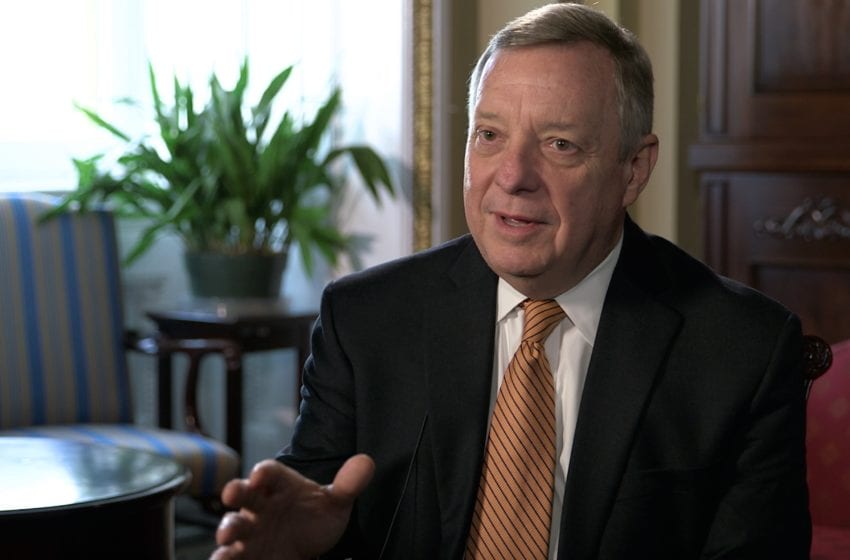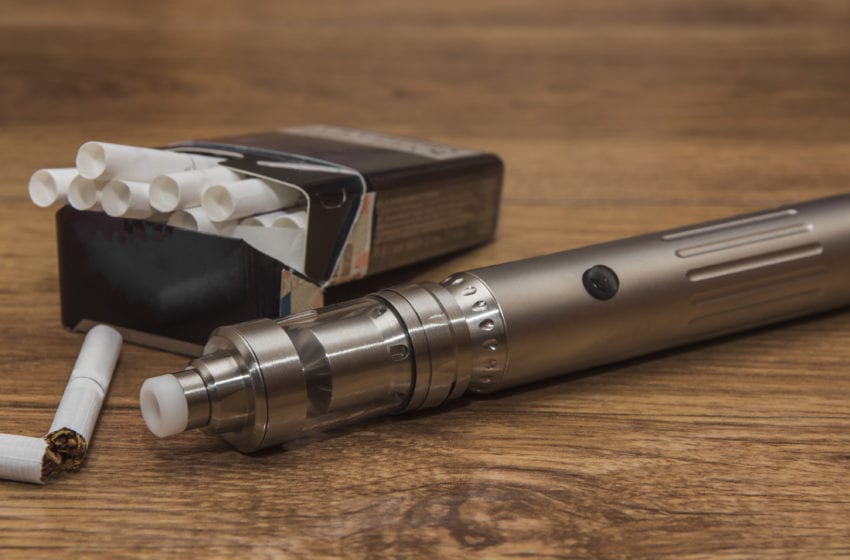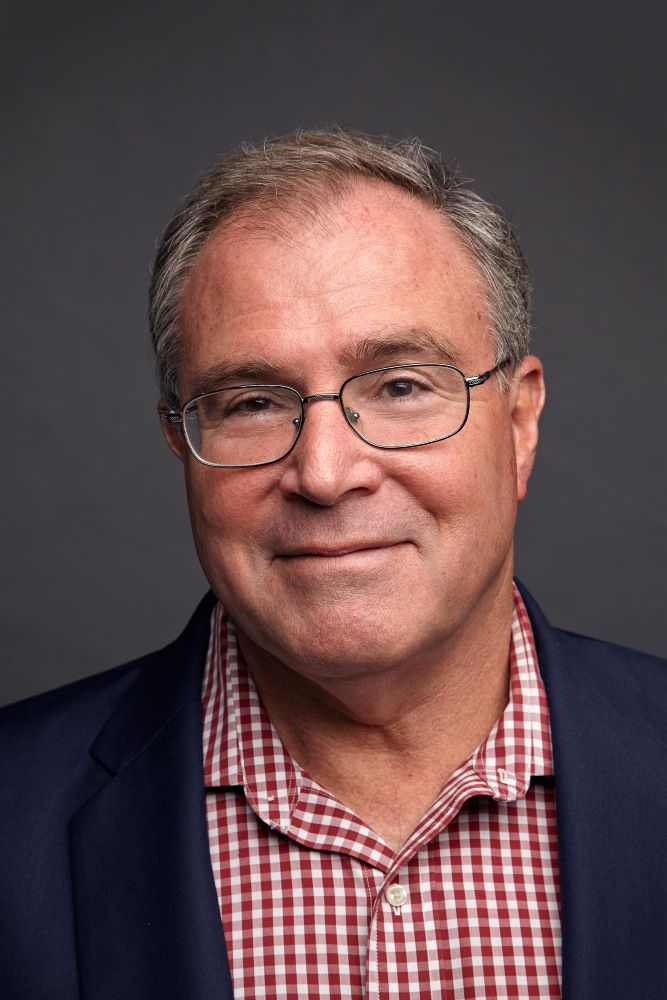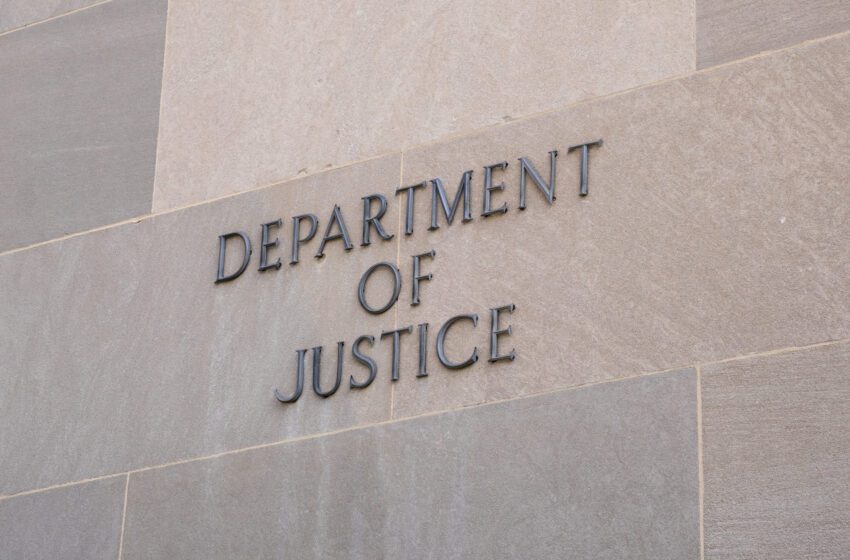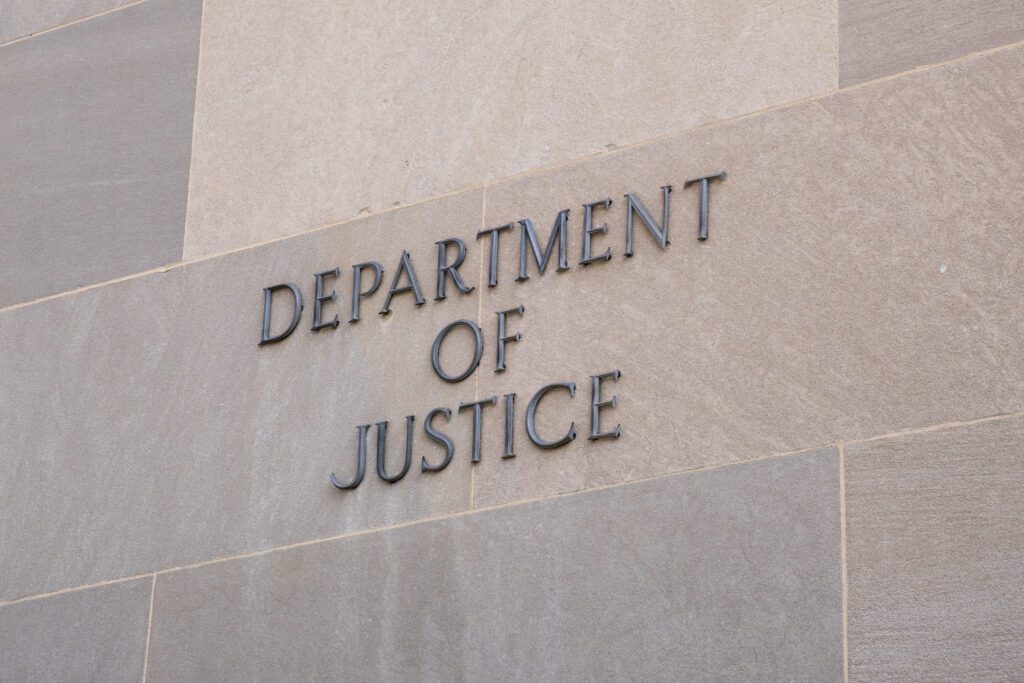The US FDA reversed a marketing denial order issued to Juul Labs for its vaping products.
By VV staff
Juul is allowed back on the market, but a final decision has yet to be made. On June 6, the U.S. Food and Drug Administration rescinded its 2022 ban on Juul Labs’ e-cigarette products, paving the way for the company to potentially receive marketing authorizations from the regulatory agency.
“The FDA rescinded its June 2022 marketing denial orders (MDOs) for the Juul system and placed our applications back into scientific review,” Juul Labs stated in a release. “We appreciate the FDA’s decision and now look forward to reengaging with the agency on a science[-based] and evidence-based process to pursue a marketing authorization for Juul products.
“We remain confident in the quality and substance of our applications and believe that a full review of the science and evidence will demonstrate that our products meet the statutory standard of being appropriate for the protection of public health.
These products (the Juul device and Virginia tobacco and menthol Juul pods in 5 percent and 3 percent nicotine concentration) will remain on the market during this review.”
In 2022, the FDA ordered Juul to stop its sales but later paused the order while the vaping company appealed. The agency announced that it would reinitiate a scientific review of Juul’s products, essentially returning them to their regulatory status before the initial ban.
“In the time since the MDOs were administratively stayed in 2022, the FDA has gained more experience with various scientific issues regarding e-cigarette products, and there have been new litigation outcomes in cases about MDOs for e-cigarette products from other manufacturers,” the FDA stated in a release. “Some of these court decisions establish new case law and inform the FDA’s approach to product review to maintain the agency’s commitment to issuing final decisions that are appropriate on both the scientific merits and the law.”
In the 2022 MDO, the FDA stated that Juul Labs’ premarket tobacco product applications (PMTAs) “lacked sufficient evidence regarding the toxicological profile of the products” and that some of the “study findings raised concerns due to insufficient and conflicting data.”
Soon after receiving its MDO in 2022, Juul Labs published its administrative appeal of the MDO, which explained the company’s position, “based on science and evidence,” that the MDO was substantively and procedurally flawed. The appeal, referred to as a 10.75 appeal, presumably led to the MDO being rescinded.
In late June 2022, the U.S. Court of Appeals for the D.C. Circuit told retailers they could continue to sell Juul products after it issued a stay of the MDO. In its 2022 court filing challenging the FDA ruling, Juul said the agency had overlooked more than 6,000 pages of data that the company had submitted on the aerosols that users inhale. Juul also suggested that the FDA’s decision was influenced by political pressure.
The American Lung Association stated in a release that it was “deeply troubled” by the FDA’s announcement and urged the agency to deny all Juul products. It cited Juul Labs’ role in the “youth e-cigarette epidemic” from 2017 to 2019. “These products and its manufacturer clearly do not meet the standard for protecting the public health,” Erika Sward, the association’s assistant vice president of nationwide advocacy, stated.
Anne Melzer, vice chair of the American Thoracic Society (ATS) Tobacco Action Committee, said she was disappointed with the decision. “FDA’s announcement that they are reconsidering the Juul application adds further delay and uncertainty to the already poorly regulated and chaotic e-cig market,” Melzer stated in a post on an X account for the ATS.
Elizabeth Hicks, U.S. policy analyst at the Consumer Choice Center, called the FDA’s reversal “a step in the right direction” for consumers who want more nicotine alternatives to combustible tobacco. “With over 26 million applications submitted to the FDA, less than 10 e-cigarette devices have been approved by the agency,” said Hicks. “Vaping is 95 percent less harmful than smoking combustible tobacco, and the FDA has an opportunity to help drastically improve public health by allowing consumers a choice when it comes to alternatives to combustible cigarettes.”
Gregory Conley, director of legislative and external affairs for the American Vapor Manufacturers Association, said the MDO reversal will have little impact since Juul products never actually left the market.
“A pause and a rescission of an MDO are differences without much distinction,” explained Conley. “Since the pause of the MDO enforcement, Juul has been able to market their products, and nothing about this move has made it harder or easier for them to continue to do so.”
At the end of last year, Juul Labs announced it was seeking FDA approval for new menthol-flavored pods, the Juul2 pods, which require age verification.
This announcement followed an announcement in July 2023 for a vaporizer with a unique pod ID chip to prevent the use of counterfeit cartridges and restrict underage access.
The July 2023 application included a proposal for tobacco-flavored pods.
The vaporizer is already on sale in the U.K. after its launch in 2021 as the Juul2 system. The menthol pod contains a secure microchip that requires age verification before use.
Users can lock the device at any time to prevent unauthorized usage.
So far, the FDA has authorized only 23 e-cigarette products for sale in the United States, all of them tobacco-flavored. The agency has denied menthol e-cigarette applications from several high-profile manufacturers, including BAT, which is appealing those decisions.
Rescission of the MDOs is not an authorization or a denial and does not indicate whether the applications are likely to be authorized or denied, according to the FDA. Rescission of the MDOs returns the PMTAs to pending status, under substantive review by the FDA.
The FDA’s regulations significantly limit what the agency can disclose regarding the content of pending applications.
Hicks said that she hopes that the move to rescind the Juul MDOs shows that the agency may be moving toward a more fair and logical approach to the PMTA review process.
“We hope the FDA provides a clear and transparent pathway for Juul Labs and the thousands of other companies who submitted product applications to finally gain authorization to offer their products to consumers in a regulated market,” she said.


